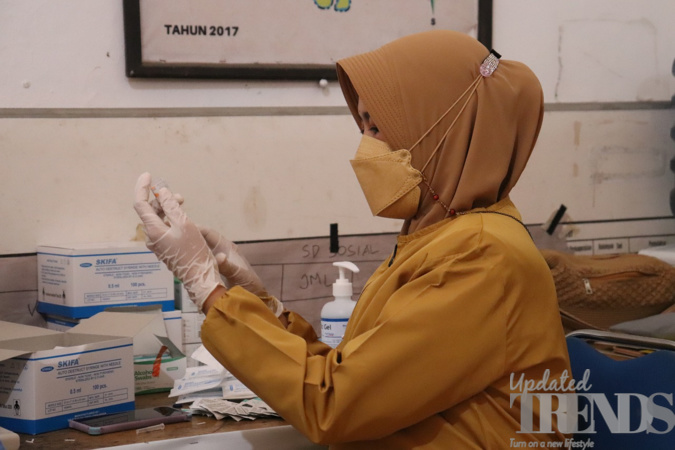The COVID-19 virus was new for the health experts when it was first detected in China in December 2019. No one actually knew about ways to treat it and not many treatments were available even after a year. But now vaccines have been rolled out that provide protection against the virus. Another progress has been made as the Food and Drug Administration approves the first injectable monoclonal antibody combination that would help in the long-term prevention of COVID-19 for people who have a compromised immune system.
An emergency use authorization has been issued by the FDA on December 8, 2021 for the antibody combination by AstraZeneca known as Evusheld which is meant for pre-exposure prophylaxis against COVID-19. So far such anti-bodies that have been produced in laboratories have only been approved for early treatment for COVID-19 or as a preventive therapy for people who are highly vulnerable and have come in close contact with people who have tested positive for COVID. The therapy by AstraZeneca has preventive injections that can be administered every six months. In the clinical trials it has been found that it is 83 percent effective at preventing the symptomatic disease.
For now it is not clear if the therapy would also be effective against the newly discovered Omicron variant of COVID which has already spread in 57 countries including the United States. However, the scientists working on Evusheld are confident about his efficiency and are hopeful that it would be effective against the new Omicron variant as well. The company is currently working with the figures and the official ones are expected to be released soon.
But still the new therapy news comes as a good news for the adults in the United States who are immune compromised and comprise of 3 percent of the population. Immunosuppression of an individual makes him/her vulnerable to COVID-19 and its variants.
Photo Credits: Pixabay











